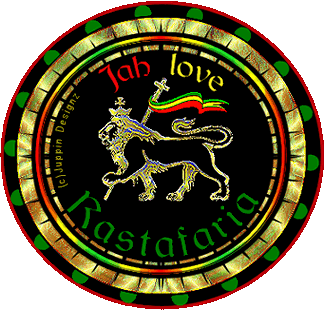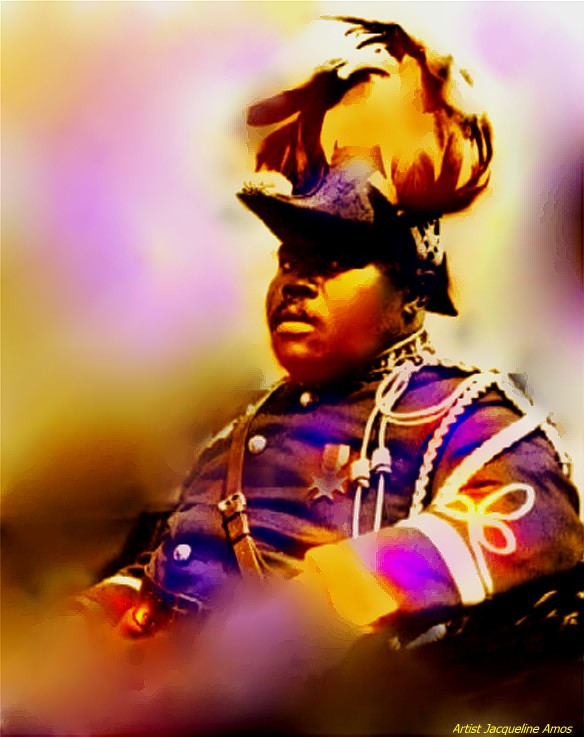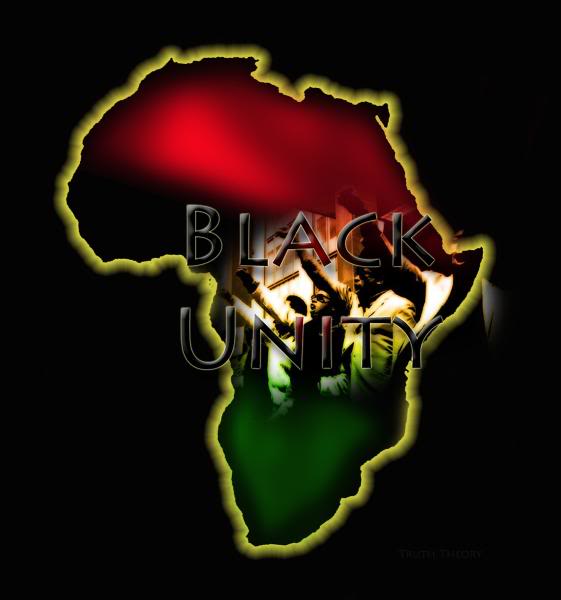|


Marcus Garvey, a black man from the West Indies, was the first to
forcefully speak about the concept of African nationalism—of black people returning to Africa, the continent of their
forefathers, in order to build a great nation of their own. His writings and ideas would inspire many leaders of the civil
rights moveme...nt
during the second half of the twentieth century. Early life
Marcus Mosiah Garvey was born in St. Ann's Bay, Jamaica, on
August 17, 1887, the youngest child of a stonemason (one who prepares stones for building). He went to the local elementary
school, and at the age of fourteen became an apprentice (working to gain experience) in the printing trade. In 1903 he went
to the capital, Kingston, to work as a printer. He soon became involved in public activities and helped form the Printers
Union, the first trade union in Jamaica. In 1907 he took part in the unsuccessful printers strike, where organized workers
refused to work unless certain demands were met. This experience influenced the young Garvey in both his political and journalistic
passions. He soon began publishing a periodical called the Watchman.
In 1910 Garvey began a series of travels that transformed
him from an average person concerned about the problems of those with less opportunity, to an African nationalist determined
to lift an entire race from bondage. He visited Costa Rica, Panama, and Ecuador, and worked as an editor for several radical
newspapers. After briefly returning home, he proceeded to England, where contacts with African nationalists stimulated in
him a keen interest in Africa and in black history. In each country he visited, he noted that the black man was in an inferior
position, subject to the ever-changing ideals of stronger races. His reading of Booker T. Washington's (1856–1915) "Up
from Slavery" at this time had a great effect upon him. Also at this time Garvey met Duse Mohammed Ali, a Sudanese-Egyptian
and strong supporter of African self-rule. Garvey began writing for Ali's small magazines and was introduced to other black
activists.
On his return to Jamaica in 1914 from England, Garvey formed the Universal Negro Improvement Association and
African Communities League (UNIA-ACL). These organizations were intended "to work for the general uplift of the Negro peoples
of the world," and would become the centerpiece for his life's work.
Read more: Marcus Garvey Biography - life, children,
story, history, wife, school, young, information, born, time, year http://www.notablebiographies.com/Fi-Gi/Garvey-Marcus.
|
